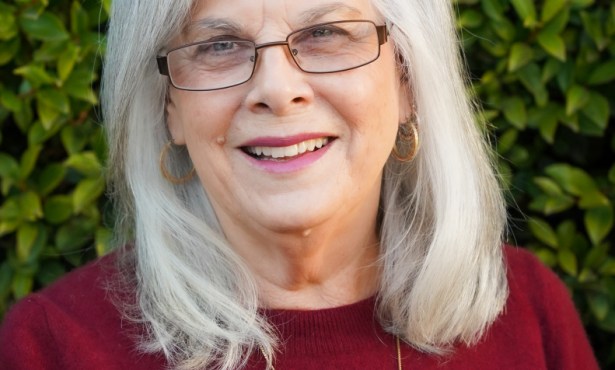The Split Roll Initiative Is Back…

By Brian Johnson
2021 President
Santa Barbara Association of Realtors
What a difference a year makes right? It’s only been just over a year since voters defeated Proposition 15 at the polls and its proponents are back again with a new idea to raise property taxes. Proposition 15, also referred to as the Split Roll Tax, was a proposition on the 2020 ballot in California that sought to remove Proposition 13 tax protections from commercial properties. This would require all commercial properties be reassessed every three years and property taxes adjusted upward at that time. This would have put a huge tax increase onto property owners and commercial tenants, as they are often the ones that pay for property taxes.
In September, a new proposal submitted to California state officials seeks to place a new version of Split Roll onto the 2022 ballot. Titled the “Housing Affordability and Tax Cut Act of 2022” the bill seeks to split the tax rolls differently this time around. Whereas last time the initiative’s backers sought to single out commercial versus residential, this time they seek to pit any property worth $4 million or more vs those worth under $4 million. For properties valued at $5 million or more, an additional 1.2% “surcharge” each year would be added onto the regular property tax. For a $5 million home, apartment complex or commercial property that’s an extra $60,000 per year. For properties between $4 million and $5 million, a formula is used to compute the additional tax. An example would be a $4.5 million property would see an additional $27,000 per year in taxes.
Again, this is not just for commercial properties. This would apply to all properties, with minor exceptions such as commercial agriculture. That means a hefty tax increase for a single-family home or an apartment complex worth over $4 million.
The authors of the bill are tying these tax increases to increased property tax exemptions as a way of making it more palatable for voters. The revenue from this split-roll property tax increase would go to fund increases in both the homeowners’ property tax exemption and renters’ tax credit. The homeowners’ property tax exemption would increase from $7,000 to $200,000, increasing the property tax savings from $70 per year to a maximum of $2,000. Similarly, the nonrefundable renter’s tax credit will increase from $60 for individuals and $120 for joint filers to $1,000 or $2,000, respectively.
The proponents have also included language that bars property owners from directly passing on the increased taxes to any tenants. In reality, it will be very difficult to determine whether the increased taxes have been passed on to the tenants. Property owners will increase rents or other expenses or they will not be able to afford to provide needed upgrades or repairs thus impacting tenants. Additionally, if you just bought a $4 million home you are going to be paying a vastly larger amount on taxes than a property that was purchased a year ago for $3.9 million, but now might be worth over $4 million if it were sold today.
Additionally, what about a home inherited by the children of an owner and reassessed at over $4 million. Previously, that new owner could keep the old tax basis of the property but if this initiative passes that new owner may not be able to afford the taxes on the home now and be forced to sell to someone wealthy enough to afford them. If the idea behind this is to make home ownership more affordable, it does not look as if it will achieve that goal.
The initiative’s title sounds like it will make housing more affordable in California but the bill does little to address the root causes of affordability, namely the lack of adequate supply of housing. This initiative still has to go through the process of raising enough signatures to qualify for the ballot for next year, so this will be monitored closely as it moves forward.
Brian Johnson is a California licensed real estate agent and the Managing Director of Radius Commercial Real Estate. Brian handles all types of commercial real estate transactions but has a special focus on multifamily investments. He can be reached at 805-879-9631 or bjohnson@radiusgroup.com




You must be logged in to post a comment.